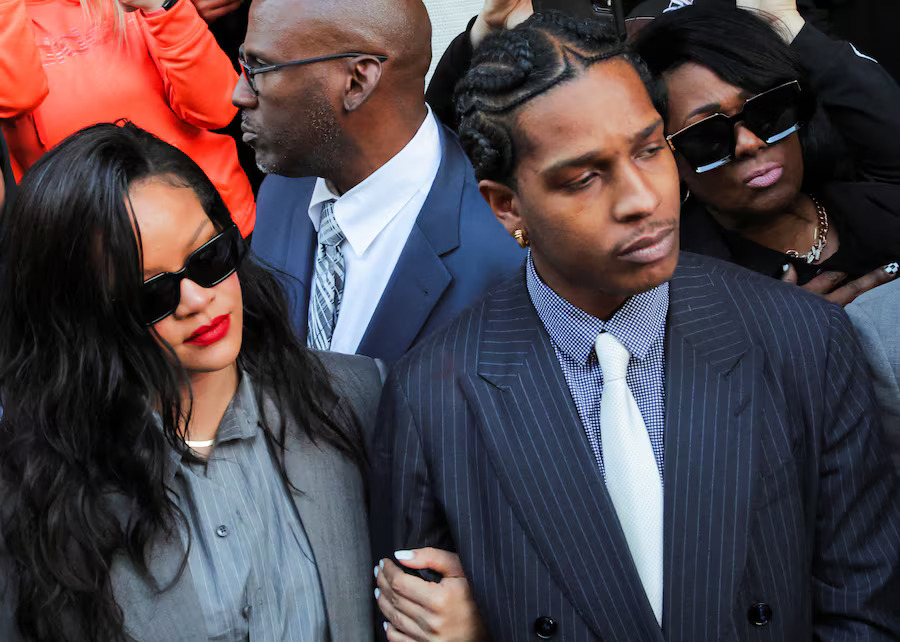A New York judge decided Monday that a woman can stay anonymous when filing an allegation of sexual assault against rap mogul Jay-Z and entrepreneur Sean “Diddy” Combs, setting back an expected battle against privacy protection that allowed her case to be advanced through secret documents and depositions taken while shielding her name from the public eye.
The lawsuit, filed earlier this year, claims that the two icons of the music industry are guilty of incidents of sexual misconduct against the unnamed woman. Jay-Z and Diddy both denied the allegations, and their lawyers have described the claims as “baseless” and vowed to fight the cases in court.
Legal Safeguards for Survivors
The judge’s decision also lets the accuser continue to remain unidentified, which she is known in court papers as Jane Doe. This decision is not inconsistent with the common law principles applying to sexual assault cases to shield the victim’sidentityy to enable them to seek justice without being stigmatized or risk being attacked.
In the motion where Jane Doe filed an affidavit informing the court of her Do Not Track petition, she also stated that she feared being harassed and harmed in the event that her identity was revealed.
“I want to make sure that I can get justice without my life being exposed to unnecessary danger or ridicule,” she said in a written declaration.
Legal commentators have said that such persons are usually given anonymity due to the nature of their cases, as this could encourage survivors to report abusers without fear of being publicly shamed. “This judgment is a reminder that courts can balance the need to deliver justice with protecting privacy.” This is according to legal commentator Rebecca Myers on the charges.
The Allegations
The lawsuit accuses Jay-Z and Diddy of separate incidents of sexual misconduct, claiming that they used their power within the music industry to exploit the accuser. Details regarding the nature of the allegations have not been fully revealed, but this case has attracted a great deal of attention because both defendants are high-profile individuals.
Both Jay-Z and Diddy have issued statements through their representatives, which they strongly deny the allegations and call “outrageous fabrications.” Their lawyers have hinted at motions to dismiss the case, arguing that there is no evidence and accusing the accuser of fabricating the claims.
A deeper discussion:
The case has rejuvenated discussions regarding the entertainment industry’s power dynamics and, more importantly, the process that survivors of sexual assault have in coming forward against big cases.
Survivors’ advocates have welcomed the judge for allowing the accuser to remain anonymous. This way, the ruling has paved a safe legal space for such survivors to pursue accountability.
This case is very symbolic of the broader issues we see in the fight against sexual violence, according to the founder of the #MeToo movement, Tarana Burke. Survivors have to be able to come forward without fear of retribution or public shame.
On the other hand, critics argue that anonymity would make it harder for the defendants to make a fair defense since they could not fully investigate the background or motive of the accuser. Such a dilemma continues to haunt any case involving survivors.
What is next?
At this time, the action is in its discovery phase, and anticipations that motions related to this stage may persist for the next several months.
With the case proceeding, much public attention will certainly be brought to bear firmly on both parties due to the identity of the defendants and the specific nature of the charges.
At this, at least, the judge has affirmed the rights of the accused and the accuser with granting the accuser anonymity in a very high-profile sexual assault case.




